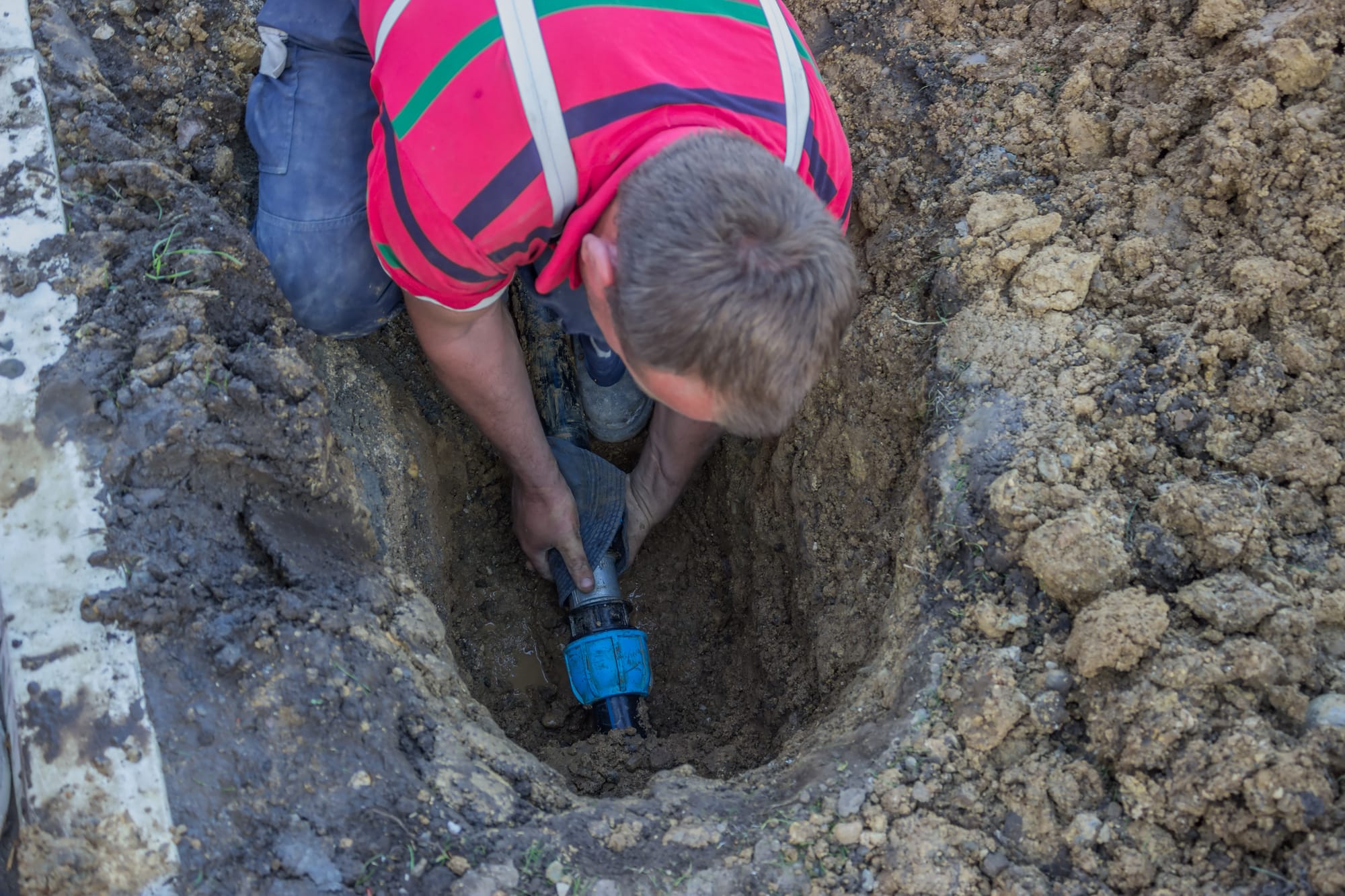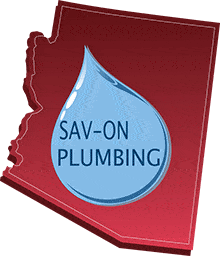
When a copper pipe leaks under a foundation, it is commonly known as a “slab leak” or a “foundation leak.” There are several possible causes for this occurrence, one of which is known as “galvanic corrosion.” This occurs when the pipe corrodes due to other metals in the soil. This causes pinhole leaks to appear and leads to further weakening of the piping material. Another cause is known as “pitting.” This occurs due to minerals in the water attacking the pipe from the inside, again causing pinhole leaks.
Another major cause of slab leaks is excessive water pressure. The ideal water pressure is 60 pounds; 60-80 pounds is considered high water pressure and anything over 80 pounds is excessive water pressure. Excessive water pressure can cause damage to your plumbing and needs to be addressed.
Copper pipe expands and contracts due to excessive water pressure as well as from changes in the temperature of the water flowing through it. This continued expansion and contraction weakens the integrity of the pipe and leaks are the result.
Another cause of foundation leaks is abrasion. This occurs when the pipe rubs up against some hard substance, such as concrete or rocks in the soil. When the pipe expands and pushes against these materials over time, this abrasion causes a weak spot in the pipe that will eventually cause a leak.
There are of course other factors that will cause underground leaks, such as improper installation of the pipe, or direct contact with the rebar supporting the pipe, but the above are the major determining factors causing slab leaks.
Remedies for Slab Leaks
Slab leaks should be managed as soon as possible before major damage occurs to the structural integrity of the foundation. The first step in eliminating a slab leak is to have the exact location of the leak pinpointed by a professional locating service. Once the locator determines the location, there are different remedies available to fix the problem.
In the “old days” (20 years ago or so), the recommended repair was to jackhammer open the floor and cut out and replace the leaking section of pipe. This is problematic in that now the floor is going to have to be repaired and with tile or wood floors being so common, it can present problems trying to match the original pattern.
In addition, once a pipe has leaked underground and is repaired underground, it is only a matter of time before it leaks again in another spot. For that reason alone, we do not repair the pipe in the ground unless it is the only possible way to repair. The present-day method of dealing with a slab leak is to “re-route” the pipe. Usually, this means running a new pipe through the attic (or ceiling) and effectively eliminating the leaking underground pipe. At worst, this usually means some minor drywall repair and possibly some painting, far cheaper and easier to do than tile or wood floor repairs. Now that your plumber has repaired the slab leak, what can be done to minimize the possibility of it occurring again?
Installing a water softener or water conditioner can greatly reduce your chances of a leak by helping to eliminate the corrosive minerals in the water from attacking the pipe. Next, the property owner should install a water pressure regulator. This will eliminate routine water pressure spikes and reduce the subsequent expansion and contraction of the piping itself.
If all this sounds daunting to the average homeowner, it should. Proper repair of foundation leaks or slab leaks is a job best left to professional plumbers to achieve the best results. Sav-On Plumbing, LLC, has decades of experience in the repair of this issue. Feel free to call us and we can discuss your options.
